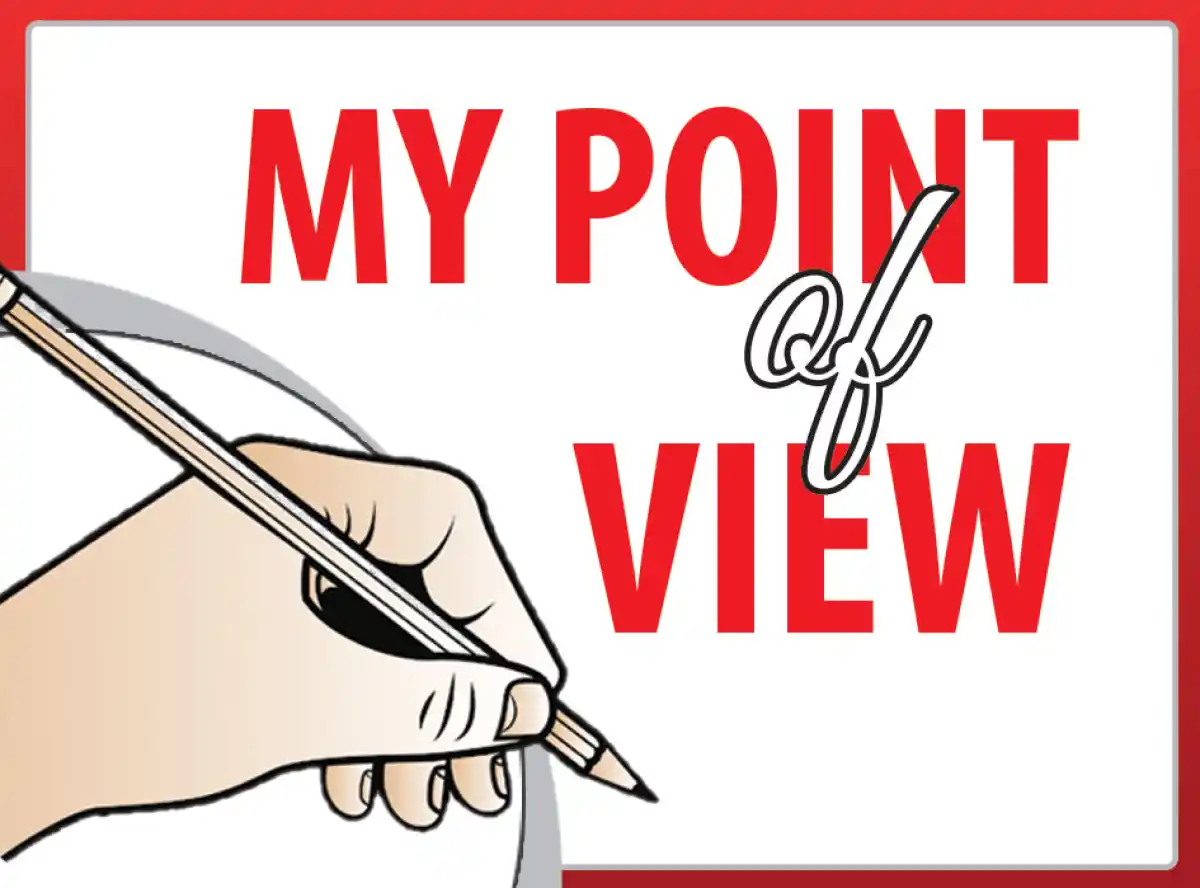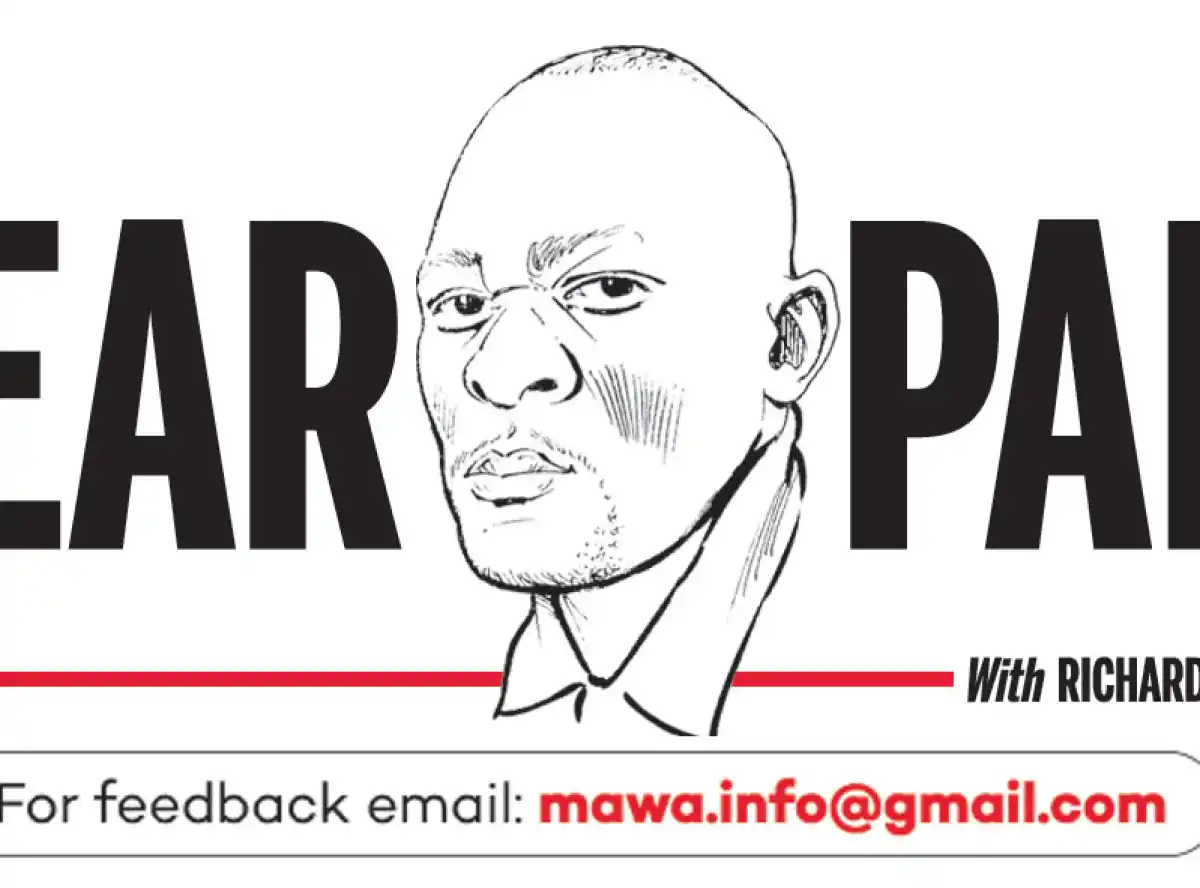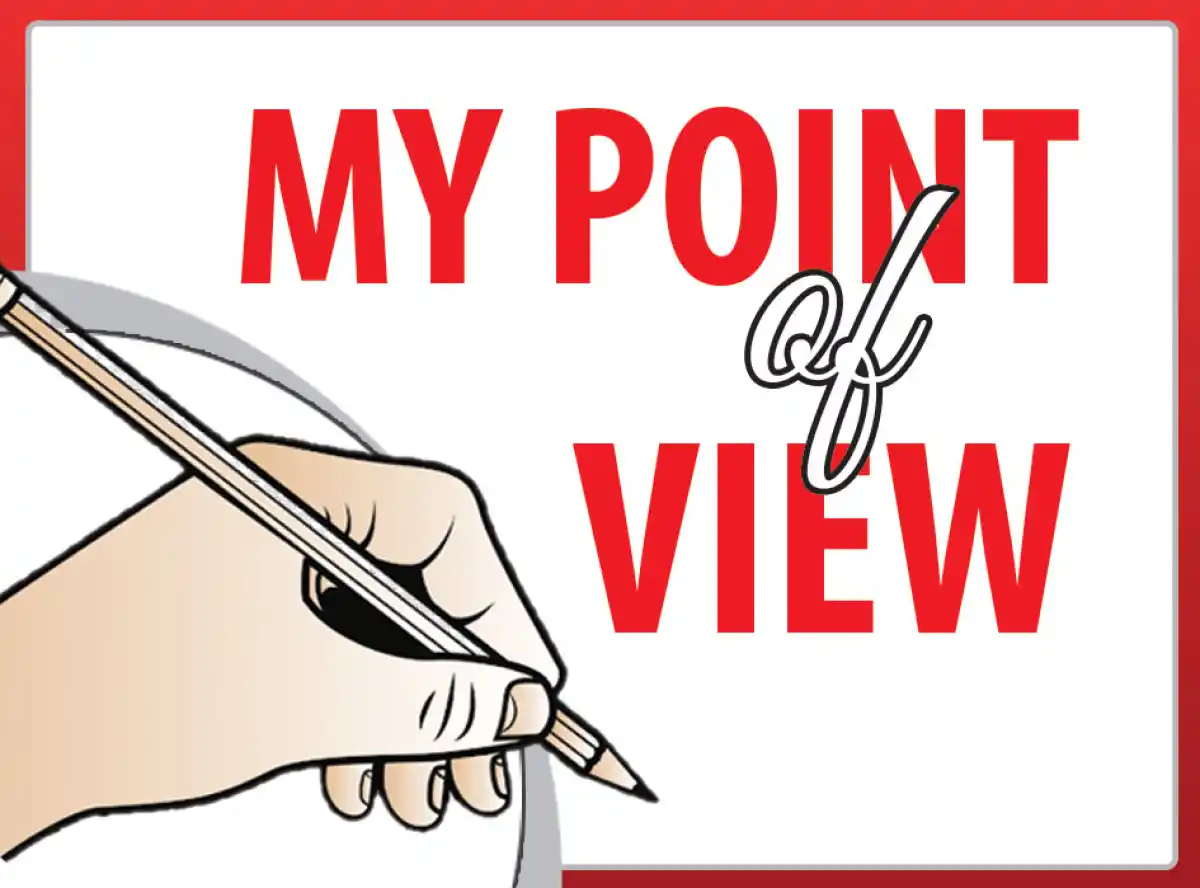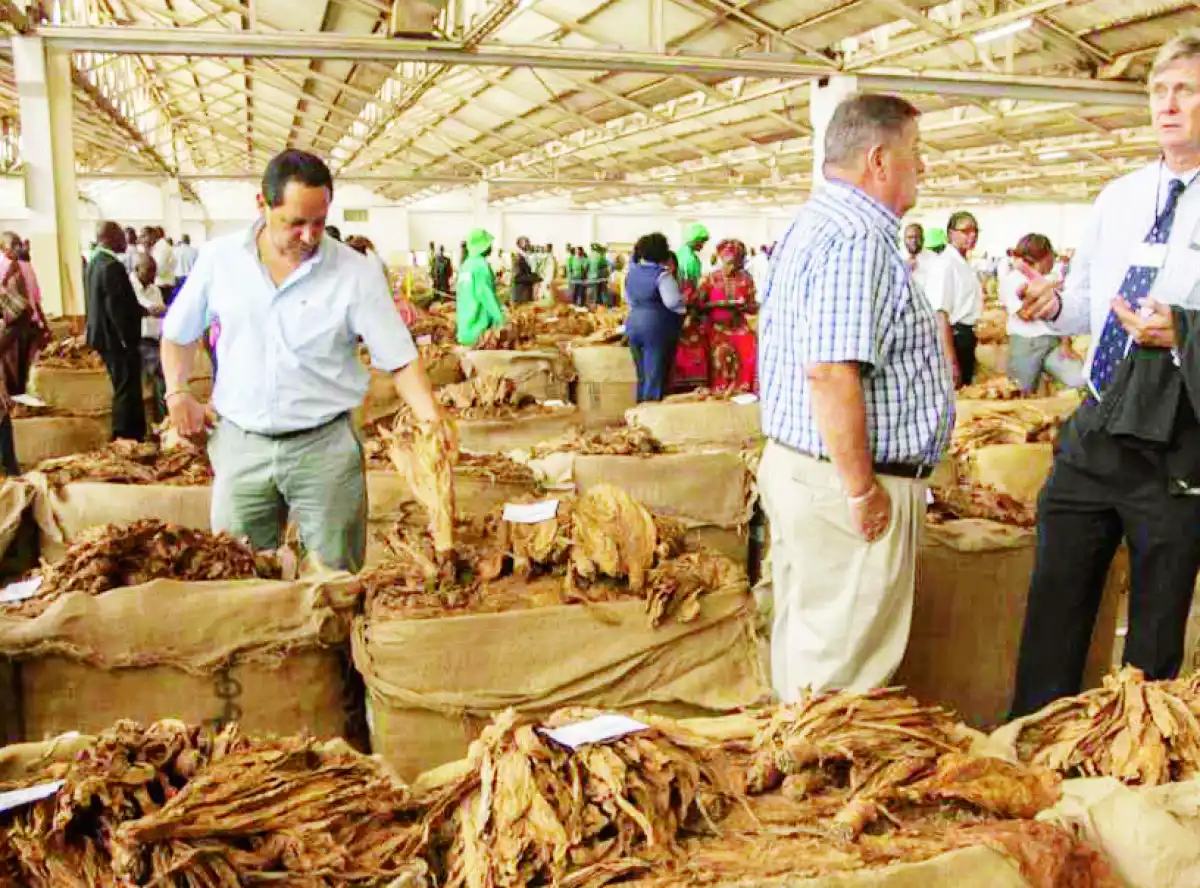March 22 was the world water day. In Malawi, the theme was Leveraging Water for Peace.
Why Peace?
Environmental degradation, climate change and population growth have pushed most countries into conflicts caused by water stress.
Integrated Water Resources Management (IWRM) views water as a socioeconomic good. IWRM promotes efficient use of water resources, including what we drink.
Efficiency has not been easy for water utility companies that have to recover their operation and maintenance costs.
Water is a strategic resource controlled by the State.
The Water Resources Act of 2013 places water in the hands of the head of State.
Leveraging water for peace means allocating water resources for various uses fairly and equitably.
IWRM urges decision makers to listen to the concerns of those without power by sharing information, planning together and deciding fairly.
The United Nations views “drinking water” as a human right. Water is life and not negotiable. Denying people access to drinking water violates their rights. Globally, governments appear reluctant to embrace this notion as the water needs of their citizenry remain unmet and access levels are still low.
Utilities have tried to leverage this demand by factoring a lifeline in the tariff structure.
Sustainable Development Goal (SDG) Six tasks duty bearers to provide access to safely managed water services for all by 2030. The emphasis is on water being accessible on premises, available when needed and free from contamination.
In 2021, the National Statistical Office reported that only 25 percent of the country’s urban population use safely managed water, 66 percent basic, seven percent unimproved and two percent consume surface water.
So, to what extent has Malawi’s water, sanitation and hygiene (Wash) sector met SDG6 milestones in urban areas?
Urban water supply network remains fragmented. Planning and space issues limit water boards’ potential to reach informal areas.
Unsteady water pressure and punitive tariff structure at water kiosks force users, especially in informal settlements, to consume water from unsafe sources which are highly contaminated.
This partly explains why the recent cholera outbreak has not been easy to control.
Analysing urban water service modalities through the lens of public vs private providers is complex. Privatisation of water services may yield efficiencies if access levels are high. Private providers have incentives to improve overall performance through new techniques and novel management.
In cases of low access levels to utilities, the focus is on increasing coverage levels.
In this case, public provision makes sense because of issues of equity, efficiency, affordability, cost recovery, and regulatory capacity.
However, the problem with public goods is that it becomes complex and costly to exclude those unwilling to bear the cost of the services they enjoy. This may be true with non-payment of bills by various public institutions such as schools, hospitals, and State agencies.
The Waterworks Act of 1995 restricted service provision to State-funded water boards, with civil society that defend public interests.
The distinction is not clear in informal settlements where 65 percent of the urban population reside, according to NSO.
Leveraging water for peace in urban areas means making water services available to this population.
Denying informal areas access to portable water plunges the entire nation into public health crises such as cholera.
This makes it hard to maintain nutrition gains, especially among children aged below five.
Malawi will not achieve SDG6 by 2030 without involving the private sector and other players.
Technical working groups in the Wash sector should work together and engage government to review policies and regulations that restrict service delivery from the urban poor.
The action groups should engage the State to review “urban planning” that restrict private sector investments. Greater engagement with partners in urban areas can ensure that the urban poor, including women and children, are reached with potable water.
Leveraging water for peace means guarding jealously all pointers to achieving safely managed water supply within and beyond the “urban waterscape”.
Wash gains are pivotal to outputs in health, education, nutrition, and other programmes.








0 Comments